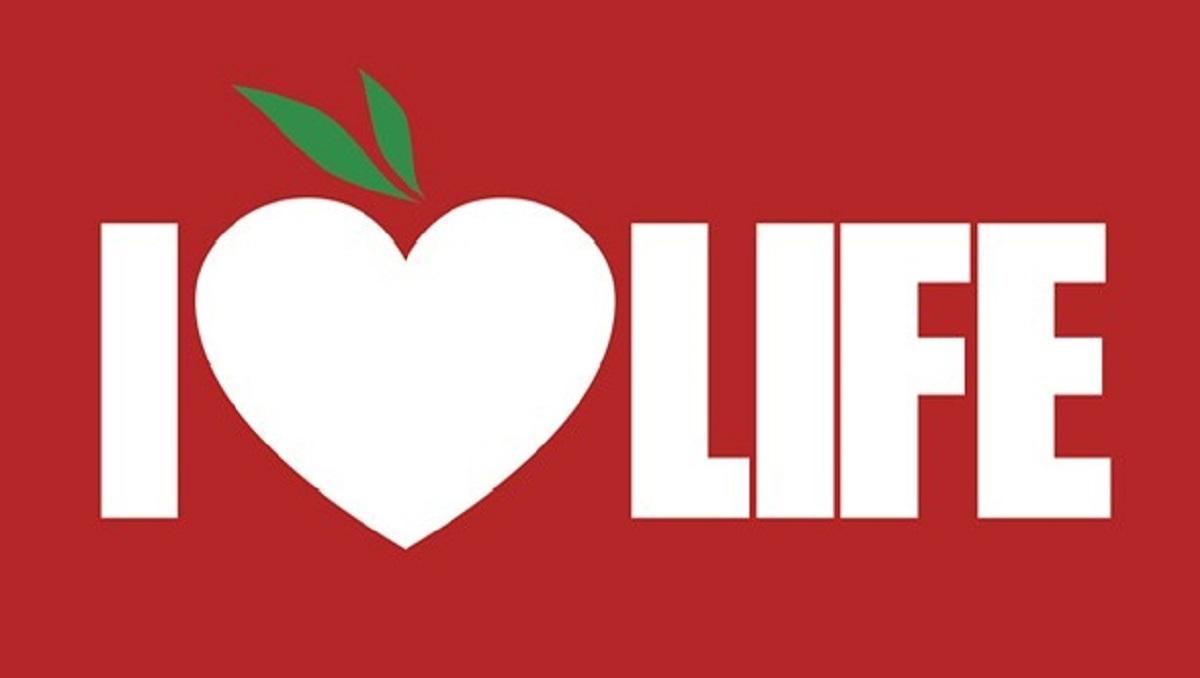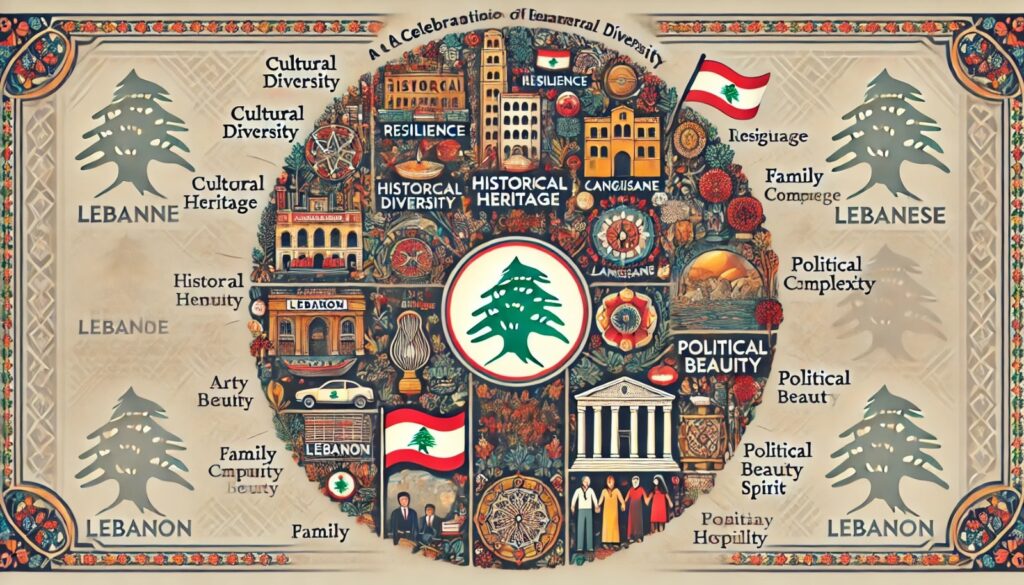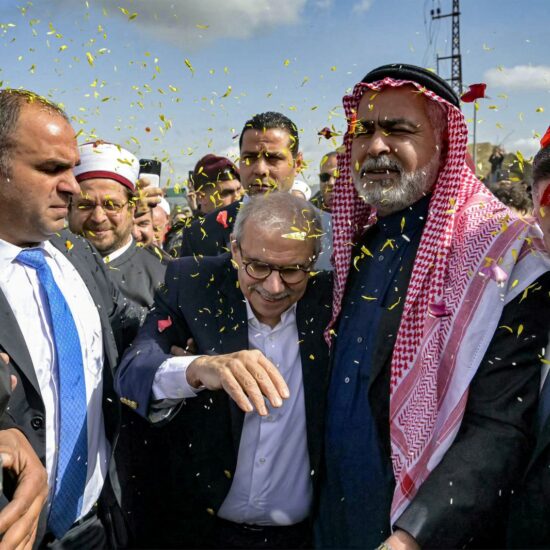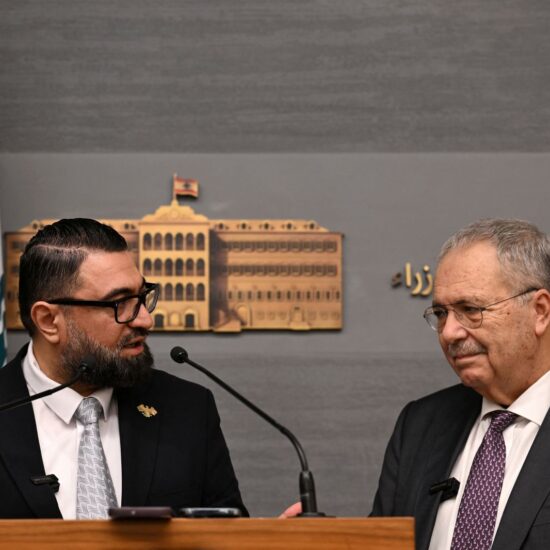
Some Lebanese simply want to go to nightclubs, frequent beaches, and live their lives. This type of self-indulgence is viewed by some as destructive selfishness that erodes nations
With a mean, uncouth, and pompous tone, the head of Hezbollah’s parliamentary bloc, Mohammad Raad, addressed the majority of Lebanese people who were in no rush to die, branding them as cowards and unsympathetic to the plight of those in the south. These people are trapped in a war between Hezbollah, Iran’s Lebanese militia, and Israel. Naturally, Raad’s insult provoked a storm of criticism from many Lebanese. They took to social media, posting pictures and videos of themselves and their friends enjoying clubbing and beach outings, ultimately ridiculing Raad’s statements and what he stands for.
Yet, Raad’s provocation and the ensuing criticism failed to underscore and contextualize several matters that the Lebanese and many in the international community purposely downplay when addressing the crux of the problem: Hezbollah. Raad’s farcical statements are not coincidental but part of Hezbollah’s playbook. Whenever they are cornered, one of their spokespersons, either Raad or Nasrallah’s deputy, Naim Kassem, takes to the pulpit to lecture us on morality and piety, claiming that Hezbollah’s Umma – Arabic for nation – is there to dictate what is right and wrong. Hezbollah’s morals in this case fails to address the fact that it is nothing but a criminal enterprise that deals in narcotics, human trafficking, racketeering and other creative illicit ways to make money. The Beirut port and the five billion dollars captagon drug trade is merely a case in point.
For Hezbollah and adherents to Khomeini’s brand of Shiism, death and destruction, as propelled by Iran’s propensity for violence, are pillars of their ethos. For Mohammad Raad, any Lebanese who does not wish to sacrifice by endorsing Hezbollah’s war against a more sophisticated and politically advanced state like Israel is a coward and a fool. In essence, Raad foolishly wants the Lebanese to celebrate a culture of senseless death and to buy into an alien and heterodox credo which Iran has been trying to impose on the people of Lebanon, particularly the Shiites.
While a significant number of Lebanese Shiites have been led to believe that Hezbollah’s arms and its organic connection to Iran are empowering, these same individuals do not subscribe to the doctrine of Vilayet al-Faqih – literally the Guardianship of the Islamic Jurist -, which dogmatically contradicts the more orthodox Shiism that the majority of Lebanese adhere to. The brave people of Iran, paradoxically, are some of the most ardent admirers of life, and their rich poetic heritage and artistic past exemplify this.
Moreover, no matter what Raad and his band of militants bring to Lebanon and the region, which they have plunged into violence, they will never be able to change the essential Lebanese sociological DNA of celebrating life and its many aspects. Perhaps Lebanon’s soil, water, geography, and Mediterranean climate have molded its communities into life-loving people. Their embracing of life does not necessarily mean consuming large amounts of alcohol or tanning on the beach. It means aspiring for a better life, living alongside each other, each practicing their own convictions and beliefs without infringing on the rights of others.
Running a simple chatgpt query, “What does it mean to be Lebanese?” gives you the following:
Being Lebanese is a complex and multifaceted identity that encompasses a rich history, diverse culture, and resilient spirit. Here are some aspects that contribute to the Lebanese identity:
Cultural Diversity, Historical Heritage, Resilience, Cuisine, Language, Family and Community, Art and Music, Political Complexity, Diaspora, Natural Beauty, Hospitality, Entrepreneurial Spirit.
Being Lebanese is about embracing this rich tapestry of history, culture, and shared experiences while navigating the challenges and opportunities that come with it.

Ironically, the same AI technology the Israelis use to identify and surgically eliminate Hezbollah fighters – including Raad’s son – does not associate Lebanon with the bleak, death-infested mindset that Raad wishes to normalize. If one is to rise up and fight tyranny and occupation, seeking the liberation of their land, it is done with the intention of living a better life, not dying for death’s own sake, nor serving the goals of an equally hegemonic project led by Hezbollah and the Iranian Revolutionary Guard Corps in the Levant and beyond.
In the fall of 2006, NOW Lebanon was born out of the ‘I Love Life’ campaign, which members of Lebanese civil society launched to challenge Hassan Nasrallah’s attempts to hijack Lebanon and brand it after his own apocalyptic vision of the world. This simple yet potent campaign reminded the Lebanese and the world that war is an anomaly, and that the culture of life will always triumph over what Nasrallah, Raad, and their followers consider dignity and honor through death and bloodshed.
Thus, to counter Raad’s foolishness, it is not enough to party on the beach or post on social media. It is also necessary to realize that the reason Raad dares to insult what Lebanon stands for lies in the Lebanese not protecting their house from ideas and forces that threaten what was once an oasis of freedom, liberty, and free thought.
Ultimately, Hajj Mohammad Raad needs to simply relax and mourn his son. If he wishes to join him afterward, let him do it alone, the Lebanese have others more important matters to attend too.
Makram Rabah is the managing editor at Now Lebanon and an Assistant Professor at the American University of Beirut, Department of History. His book Conflict on Mount Lebanon: The Druze, the Maronites and Collective Memory (Edinburgh University Press) covers collective identities and the Lebanese Civil War. He tweets at @makramrabah







